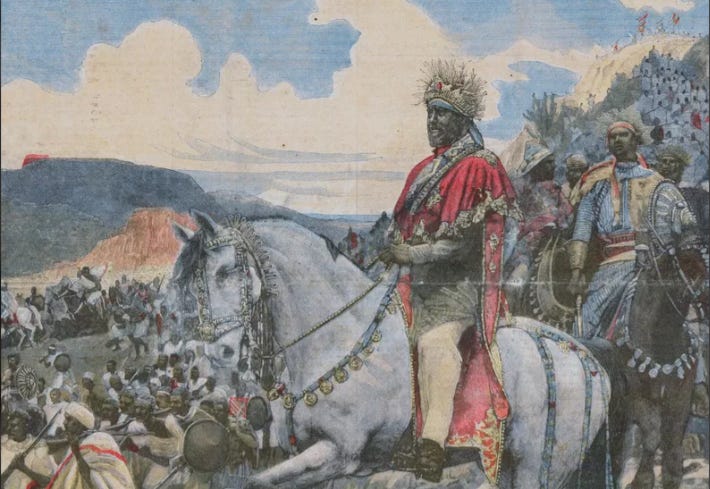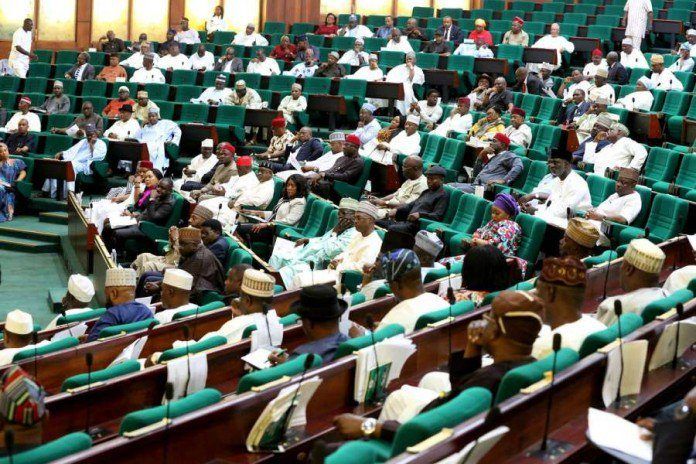Asian Giants Rekindle Ties: India and China’s Top Diplomats Meet to Mend Relations
The foreign ministers of India and China convened in New Delhi on Monday, marking a renewed diplomatic effort to alleviate tensions that have persisted for five years following a significant border standoff. India’s Foreign Minister, Subrahmanyam Jaishankar, hosted his Chinese counterpart, Wang Yi, for discussions aimed at stabilizing a relationship that deteriorated sharply in 2020. That year, a deadly clash between security forces along the disputed Himalayan border resulted in the deaths of 20 Indian and four Chinese soldiers, halting high-level political engagements between the two nuclear-armed Asian rivals. Since then, both nations have deployed tens of thousands of troops in the border regions.
Despite the prolonged chill, some progress has been made. Last year, India and China reached an agreement on border patrols and withdrew additional forces from certain areas. In his opening remarks on Monday, Jaishankar emphasized the need for de-escalation of border tensions to foster positive momentum in bilateral ties, stating, “Having seen a difficult period in our relationship, our two nations now seek to move ahead. This requires a candid and constructive approach from both sides.” Wang Yi, in turn, acknowledged the restoration of peace and tranquility along the borders and confirmed China’s permission for Indian pilgrims to visit key sites in the Tibet autonomous region.
Wang Yi’s schedule included meetings with India’s National Security Adviser Ajit Doval on Monday, and a highly anticipated meeting with Indian Prime Minister Narendra Modi on Tuesday. Discussions are expected to focus on the disputed border, with troop reduction likely high on the agenda. Both countries are actively fortifying their border infrastructure by constructing roads and rail networks. In recent months, there has been an increase in official visits and talks about easing trade restrictions, facilitating the movement of citizens, and issuing visas for businesspeople. Beijing also allowed Indian pilgrims to holy sites in Tibet in June, and both sides are working towards restoring direct flights. India’s foreign ministry spokesperson, Randhir Jaiswal, recently confirmed ongoing discussions to restart trade through three specific points along their 3,488-kilometer (2,167-mile) border.
However, the path to full normalization remains complex. Manoj Joshi, a fellow at the Observer Research Foundation, noted that relations are still at an
Recommended Articles
You may also like...
The 1896 Adwa War: How Ethiopia Defied Colonialism

Ethiopia with the exception of Liberia which was used as a settler place for freed slaves remains the only African Count...
Why We Need Sleep: Inside the Brain’s Night Shift

Even when you’re asleep, your brain is quietly up to something, sorting, cleaning, and working behind the scenes.
When Nollywood Meets Netflix: The Creative Tug Between Local Storytelling and Global Algorithms

Nollywood’s partnership with Netflix is rewriting the script for African cinema, offering global reach but raising quest...
Mozambique's LNG Megaproject: A Promise or Peril?

TotalEnergies is leading a consortium in Mozambique as it promises potential restructuring of the nation's energy se...
Aliko Dangote, Africa’s Wealth King: First African-Born Billionaire to Cross $30B

Aliko Dangote, the richest Black man in the world, has reached a new milestone, with a net worth of $30.3 billion, accor...
WAEC Conducts Trial Essay Test Ahead of Full Computer-Based WASSCE in 2026

The trial Computer-Based Test (CBT) for the WAEC essay was held on Thursday, October 23, 2025. The exercise was conducte...
Can Long- Distance Love really work?

Can love really survive when touch becomes a memory and connection lives behind a screen? For many, distance isn’t the ...
Nigeria’s Rental Crisis: House of Representatives Moves to Cap Rent Hikes at 20%

Nigeria's rental market has been under intense pressure, and now lawmakers are stepping in. The House of Rep. has called...
